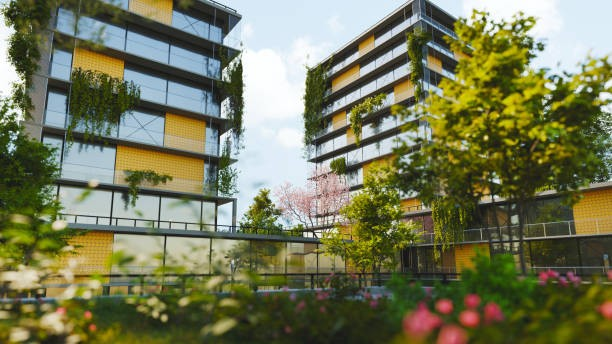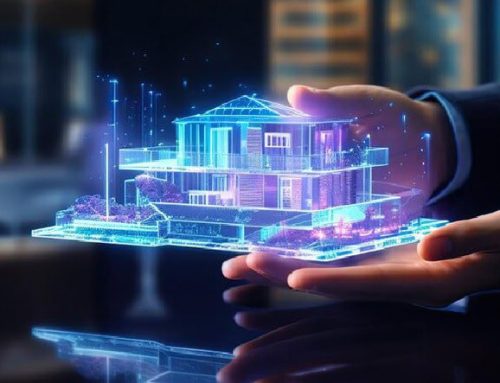In an era where environmental consciousness is at the forefront of consumer minds, leveraging green marketing has become a potent tool for real estate success. This article will explore the burgeoning trend of eco-consciousness in real estate, how it impacts consumer decisions, and strategies for effectively integrating sustainability into marketing efforts.
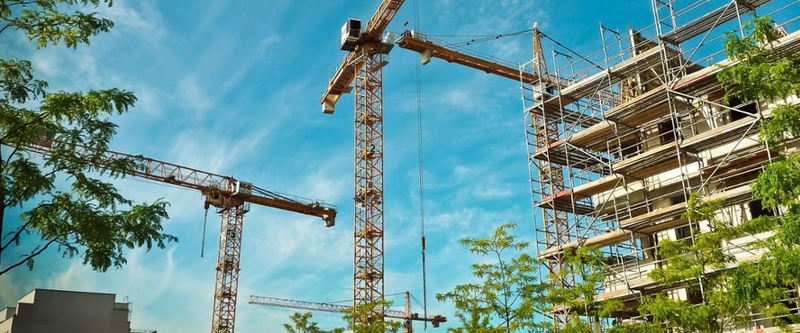
The Rise of Eco-Conscious Consumers
With growing awareness of climate change and environmental degradation, consumers are increasingly prioritizing sustainability in their purchasing decisions, including real estate. Green buildings, energy-efficient features, eco-friendly materials, and sustainable practices have become key factors influencing buyers and tenants.
Benefits of Green Real Estate
The appeal of green real estate extends beyond environmental concerns. Buyers and tenants are drawn to the tangible benefits, such as reduced utility costs, healthier indoor environments, and potential tax incentives or certifications like LEED (Leadership in Energy and Environmental Design). Green buildings often command higher resale values and attract a broader pool of environmentally conscious clientele.
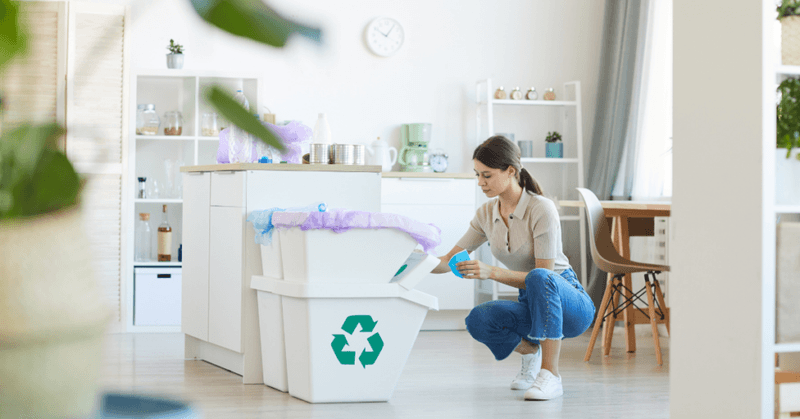
Integrating Sustainability into Marketing
To capitalize on the trend of eco-consciousness, real estate professionals can adopt several strategies:
- Highlight Sustainable Features: Showcase energy-efficient appliances, renewable energy systems, green building certifications, and eco-friendly materials in property listings and marketing materials.
- Tell a Green Story: Share the sustainability journey of properties, including any eco-friendly upgrades, conservation initiatives, or green building practices. Emphasize the environmental and cost-saving benefits for buyers and tenants.
- Educate and Inform: Provide information about sustainable living tips, green financing options, and local environmental initiatives to engage and educate potential clients.
- Collaborate with Eco-Partners: Partner with green businesses, environmental organizations, and sustainable brands to amplify green marketing efforts and reach a wider audience of eco-conscious consumers.
- Emphasize Long-Term Value: Position green properties as long-term investments that not only benefit the planet but also offer financial returns through reduced operating costs, increased property value, and market demand.
Building Trust Through Sustainability
Green marketing in real estate goes beyond showcasing eco-friendly features; it's about building trust and credibility with clients. Transparency about sustainability efforts, third-party certifications, and a genuine commitment to environmental stewardship can differentiate real estate professionals in a competitive market.
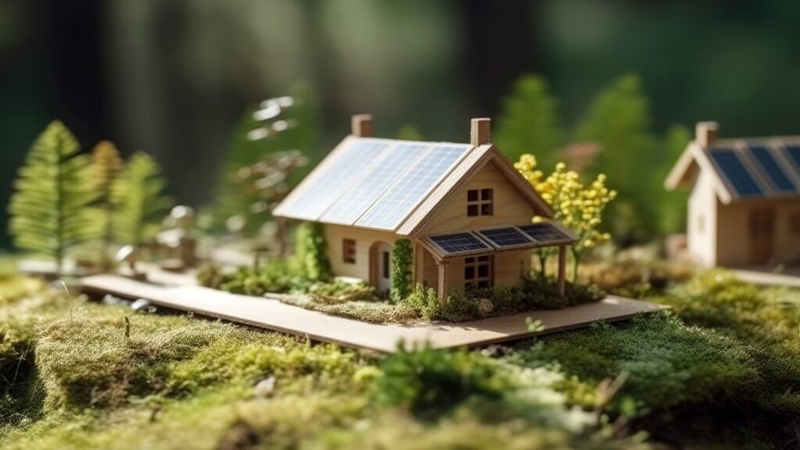
Challenges and Considerations
While green marketing offers significant opportunities, it's essential to navigate potential challenges, such as greenwashing (exaggerating or misleading claims about sustainability) and ensuring that sustainable features are genuinely impactful and well-maintained.
Eco-conscious real estate is not just a trend; it's a strategic imperative for success in today's market. By leveraging green marketing strategies, emphasizing sustainable features, educating clients, and building trust through transparent practices, real estate professionals can tap into the growing demand for environmentally friendly properties and drive meaningful impact while achieving business success.

